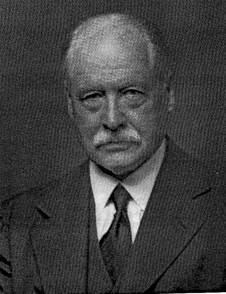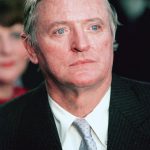Date of Birth: August 10, 1873
Zodiac Sign: Leo
Date of Death: June 12, 1966
Biography
William Ernest Hocking was a distinguished American philosopher born on August 10, 1873, in Cleveland, Ohio. He is best known for his contributions to metaphysics, the philosophy of religion, and the philosophy of education. Hocking studied at Harvard University, where he earned his Ph.D. in philosophy in 1904. He was a student of the renowned philosopher Josiah Royce, who had a significant influence on his work. Hocking’s career spanned several decades, during which he taught at various prestigious institutions, including Yale University and Harvard University, where he eventually became the Alford Professor of Natural Religion, Moral Philosophy, and Civil Polity. His philosophical work was characterized by a deep interest in the nature of human experience and the relationship between the self and the divine. One of Hocking’s most notable works is “The Meaning of God in Human Experience” (1912), which explores the interplay between individual consciousness and the concept of God. He also authored “Man and the State” (1926), where he examined political philosophy and the role of the individual in society. Hocking’s philosophy was deeply influenced by his commitment to pragmatism, idealism, and personalism. He believed in the importance of religious experience and its role in shaping human understanding and ethical behavior. Throughout his life, Hocking sought to bridge the gap between science and religion, arguing that both are essential to a complete understanding of the human condition.
5 Interesting Facts about William Ernest Hocking
1. William Ernest Hocking was a protégé of Josiah Royce, a prominent American philosopher, while studying at Harvard University.
2. He served as the Alford Professor of Natural Religion, Moral Philosophy, and Civil Polity at Harvard University.
3. Hocking was a proponent of personalism, a philosophical school of thought emphasizing the importance and value of the individual person.
4. He played a significant role in the development of the philosophy of religion in the early 20th century.
5. Hocking was involved in the founding of the American Theological Society and served as its president from 1932 to 1933.
5 Most Interesting Quotes from William Ernest Hocking
1. “The greatest obstacle to man’s progress is man himself.”
2. “Philosophy begins in wonder. And at the end when philosophic thought has done its best the wonder remains.”
3. “Every life is a profession of faith.”
4. “The primary use of conversation is to satisfy the impulse to talk.”
5. “A scientist describes what is. An engineer creates what never was.”
Highest Net Worth Achieved
As a philosopher and academic, Hocking’s net worth is not well-documented. However, his impact on the field of philosophy and his academic contributions were invaluable.
Children
William Ernest Hocking had three children: Richard Hocking, Joan Hocking, and William Hocking, Jr.
Relevant Links
1. [Stanford Encyclopedia of Philosophy](https://plato.stanford.edu/entries/hocking/
2. [Internet Encyclopedia of Philosophy](https://iep.utm.edu/hocking/
3. [Harvard University Archives](https://www.harvard.edu/on-campus/archives
4. [American Theological Society](https://www.ats.edu/


